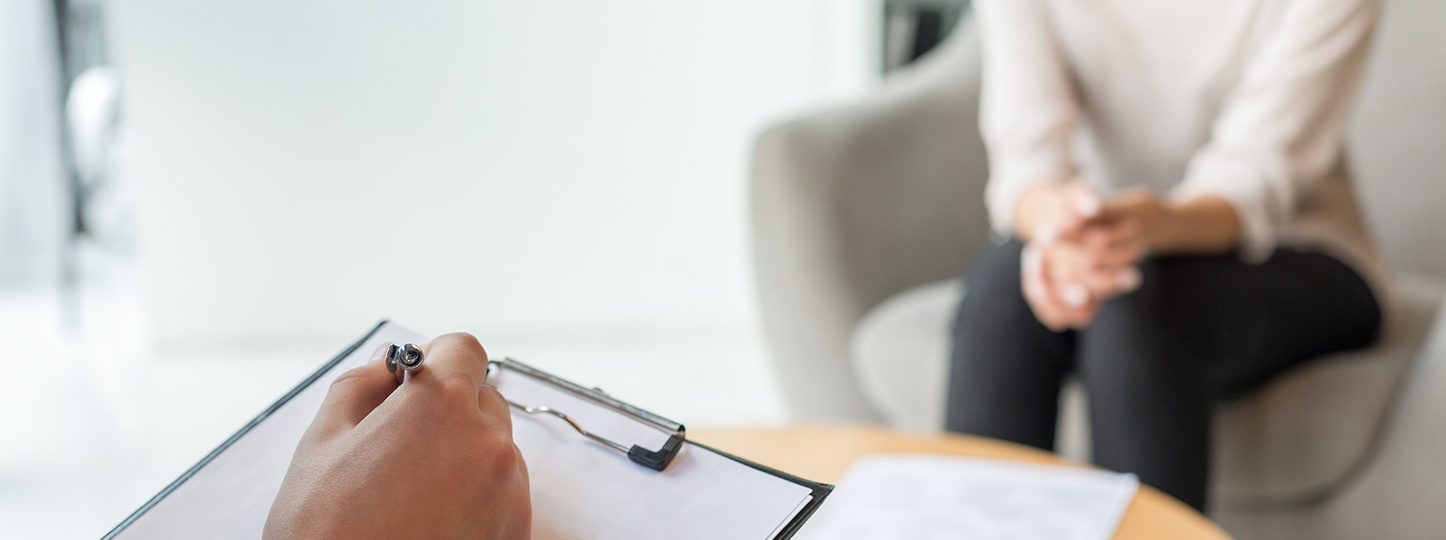
More Australians using psychedelic drugs to self-treat mental health: survey
The Global Drug Survey, released Friday, reveals more Australians are turning to psychedelic drugs to self-treat mental illness and emotional distress.
Of the 110,000 respondents worldwide, 6,500 people reported underground self-treatment, with LSD, MDMA (ecstasy) and psilocybin (magic mushrooms) most common.
The Therapeutic Goods Administration does not currently recognise MDMA and psilocybin as legitimate medicines to treat psychiatric conditions but this could change, depending on clinical trial results.
The head of the Australian arm of the survey, RMIT University’s Dr Monica Barratt, said the findings remind us people are already using psychedelics as a DIY mental health treatment, and that we need to address that reality.
“As Australia awaits the progress of clinical trials of these substances for mental health conditions, we need to recognise the demand for them is increasing and this demand may end up being filled outside of the medical setting,” Barratt said.
Barratt said mental health professionals had an important role to play in supporting people who use unapproved treatments – but to do so they needed to be appropriately trained to help those who self-treat.
“Accredited training for psychiatrists, psychologists and social workers to do preparatory and integration sessions to help support people who take underground psychedelics for self-treatment may help bridge the gap,” she said.
“Despite being an underground therapy, most people reported having mental health and medication screening before taking unapproved drugs.
“However, only half of the sample reported a preparatory or an integration session – crucial aspects of the clinical model of psychedelic assisted psychotherapy currently being officially trialled.
“While this data cannot replace that from clinical trials, the survey found supervised psychedelic sessions were rated highly – 86% reported the session was helpful, while 1% said things got worse.
Using psychedelics for self-treatment is not without risk – 4.2% of respondents who used them reported visits to the emergency department.
Compare that to the 1% of respondents who sought emergency medical treatment after using ‘common’ psychedelics – such as LSD and mushrooms – recreationally.
Global Drug Survey is an independent research organisation based in London, which runs the largest drug survey in the world.
The annual survey was conducted with more than 110,000 respondents from 25 countries in late 2019, with 10% of the sample coming from Australia.
It was co-led by Dr Monica Barratt of RMIT University and Professor Adam Winstock of University College London, in collaboration with Associate Professor Jason Ferris of University of Queensland.
The Global Drug Survey is currently seeking participants, including people who only drink alcohol. Please contribute your perspective at www.globaldrugsurvey.com/GDS2021
For interviews, contact Aeden Ratcliffe: +61 3 9925 3336 or aeden.ratcliffe@rmit.edu.au
- Research
- Society
- Social services
Acknowledgement of Country
RMIT University acknowledges the people of the Woi wurrung and Boon wurrung language groups of the eastern Kulin Nation on whose unceded lands we conduct the business of the University. RMIT University respectfully acknowledges their Ancestors and Elders, past and present. RMIT also acknowledges the Traditional Custodians and their Ancestors of the lands and waters across Australia where we conduct our business - Artwork 'Luwaytini' by Mark Cleaver, Palawa.